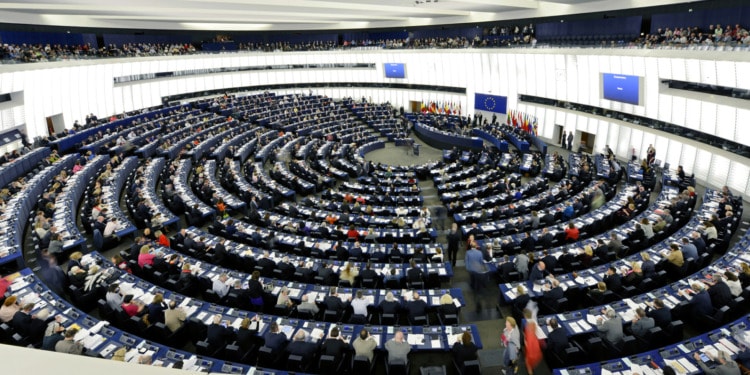After reaching a provisional agreement with the Council in February this year, the European Parliament has adopted this week a new voluntary certification framework for carbon removal; 441 MEPs voted in favor, 139 against, and 41 abstained.
The law, as the European Union (EU) writes, will boost the use of carbon removals and help the Bloc achieve climate neutrality by 2050. It also aims to “improve the EU’s capacity to quantify, monitor and verify such activities in order to counter greenwashing,” the deceptive practice of presenting environmentally harmful activities as sustainable.
The framework covers the following types of carbon removals: permanent carbon storage through industrial technologies, carbon storage in long-lasting products, and carbon farming.
Speaking after the parliamentary vote, Rapporteur Lídia Pereira expressed her satisfaction with the outcome:
“We delivered! I am very happy that the European Parliament has given its final green light to the Carbon Removal Certification Framework. I look forward to a future in which those who actively remove and store carbon get a proper incentive to do it. I am also thrilled to see that farmers can have an extra revenue stream for all their efforts! The Parliament was, once again, on the right side of history!”
Related Articles: The EU’s Tango With Sustainability: New ESG Reporting Standards Adopted | EU’s Emission Trading System Delivers Record Slashes | 6 Ways to Remove Carbon Pollution From the Sky | Will International Carbon Markets Finally Deliver? | The Voluntary Carbon Market: Unregulated and Useless?
The adoption of the Carbon Removal Certification Framework builds upon an earlier resolution — the resolution on Sustainable carbon cycles, adopted in April 2023 — which in the EU’s words says that “while the EU must always prioritise swift and predictable reductions of GHG emissions, carbon removals must play a growing role in achieving EU climate neutrality by 2050 to balance out emissions that cannot be eliminated.”
The move also underscores the EU’s responsiveness to citizens’ demands, who in a proposal of the conclusions of the Conference on the Future of Europe called for the establishment of a “certification of carbon removals, based on robust, solid and transparent carbon accounting.”
Looking ahead, the legislation now needs to be approved by the Council before being formally enacted and entering into force (20 days later).
Editor’s Note: The opinions expressed here by the authors are their own, not those of Impakter.com — In the Featured Photo: A birdlike view of the plenary chamber. Cover Photo Credit: European Parliament.













